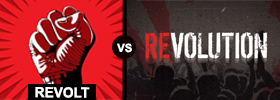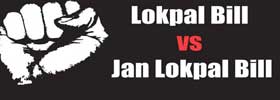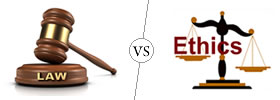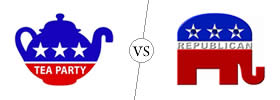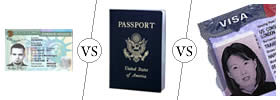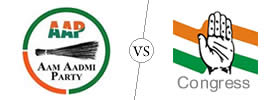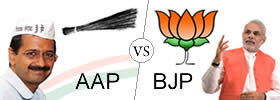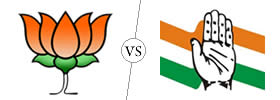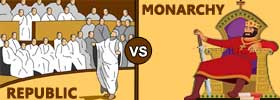Other - Politics & Government
|
A revolution seeks to gain powers or rights from an oppressive power, or to gain freedom, whereas a revolt is where the people disagree with something like rules, or laws, and come together to show their disapproval. |
|
The Lokpal Bill, and the subsequent Jan Lokpal Bill are both anti corruption bills that aimed to address the rampant corruption in India. The first Lokpal Bill was introduced in 1968 and was passed by the Lok Sabha in 1969; however it did not get passed by the Rajya Sabha. The Jan Lokpal Bill was a newer version of the bill that was introduced in 2011. |
|
The Lokpal is the central governing body that has jurisdiction over all Members of Parliament and central government employees in cases of corruption. The Lokayuktas are similar to the Lokpal, but function on a state level. |
|
Acts are broad laws that are passed and the regulations are guidelines that dictate how the legal provisions of the act should be applied. |
|
Rights are legal, social or ethical principals of freedom that people are entitled for by a governing body, whereas duties are responsibilities or obligations of an individual, by the governing body, that are required to done by the said individual. |
|
Law is defined as a legal system that comprises of rules and principles set by the ruling authority to govern over the affairs of the community. While, ethics are defined as moral guidelines set, put forth and followed by an individual. |
|
The Republican Party is one of the two biggest parties in the United States. The Republic Party prides itself on American conservatism. The Tea Party, on the other hand, is not a political party at all. It is in fact a political movement which advocates a reduction in the U.S. national debt and federal budget deficit by reducing U.S. government spending and taxes. |
|
Green Card refers to an identity card issued to a non-citizen by a country as a stay and work permit for an indefinite period of time. It is generally used in context to U.S. permanent residency status. Passport is issued by the government to its citizens and it acts as an identity and citizenship proof of the person. It is used for travelling abroad. Visa is an endorsement or stamp on a passport allowing the bearer to enter the country who has issued it. |
|
Left and right Politics define two different outlook of politics based on completely different ideologies. Left wing supports strong government in order to control economy and to bring substantial equality. On the other hand, right wing supports rule of the entity which is capable enough in terms of knowledge and experience. It does not support much interference from government unless required and believes in bringing formal equality. |
|
Opinion Polls and Exit Polls are both indicators of voter’s choice during the elections. The main difference between the two is that opinion poll is exercised before the voter actually votes. People are asked that whom they would be voting this time. On the other hand, exit polls are exercised just after a voter walks out after casting his or her vote. The voter is asked that whom did he voted for. |
|
AAP stands for ‘Aam Aadmi Party’. Congress refers to Indian national Congress. Both are Indian political parties. Congress was formed in 1885, whereas AAP was formed in 2012. Congress has already gained a status of an established party, whereas AAP is trying to establish itself in the political scenario. As of now (Jan 2013), United Progressive Alliance (UPA) led by the Indian National Congress is the ruling party of India. On the other hand, AAP has been successful in forming a government in Delhi with the conditional support of Congress. |
|
AAP stands for Aam Aadmi Party. BJP stands for Bharatiya Janta Party. Both are political parties of India. AAP is a newly formed political party in comparison to BJP whose roots trace back to 1980s. BJP is recognized by its philosophy of Hindutva and Hindu fundamentalism, whereas AAP can be recognized by its philosophy of self-rule. |
|
BJP stands for Bhartiya Janta Party. Congress refers to Indian National Congress. Both are the two most prominent political parties of India. Both parties differ in context to their origin (history of evolution of the party), and in many of the ideologies and policies. |
|
Monarchy is a form of governance reigned by a king, queen or an emperor. Republic is a form of government in which the people or their elected representatives possess the supreme power. |
|
Bureaucracy is a form of government made up of officials and administrators working for the government. Autocracy is a form of government in which all the supreme power lies in the hands of an individual. |
Pages
 |
 |
 |
 |
 |
 |
 |
 |

